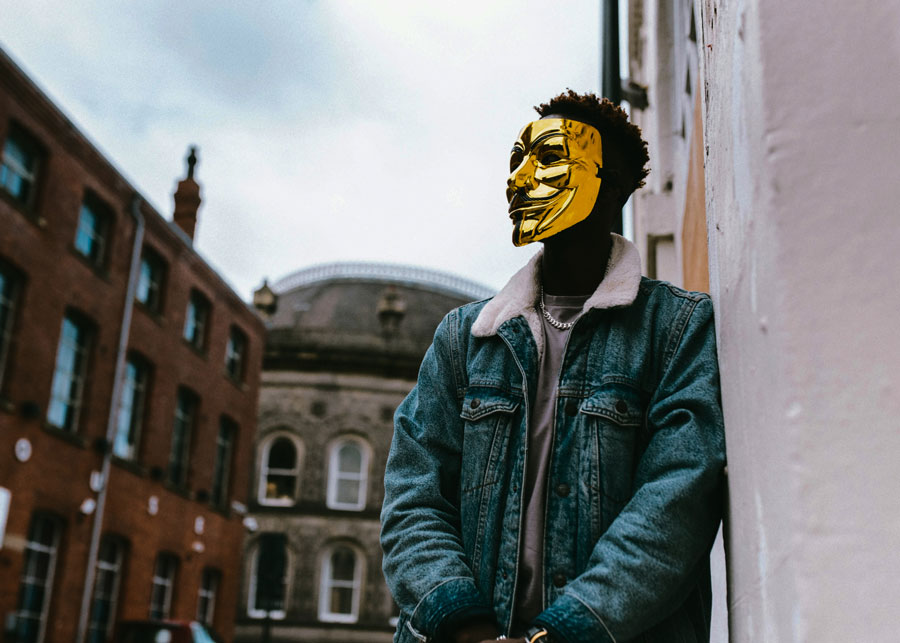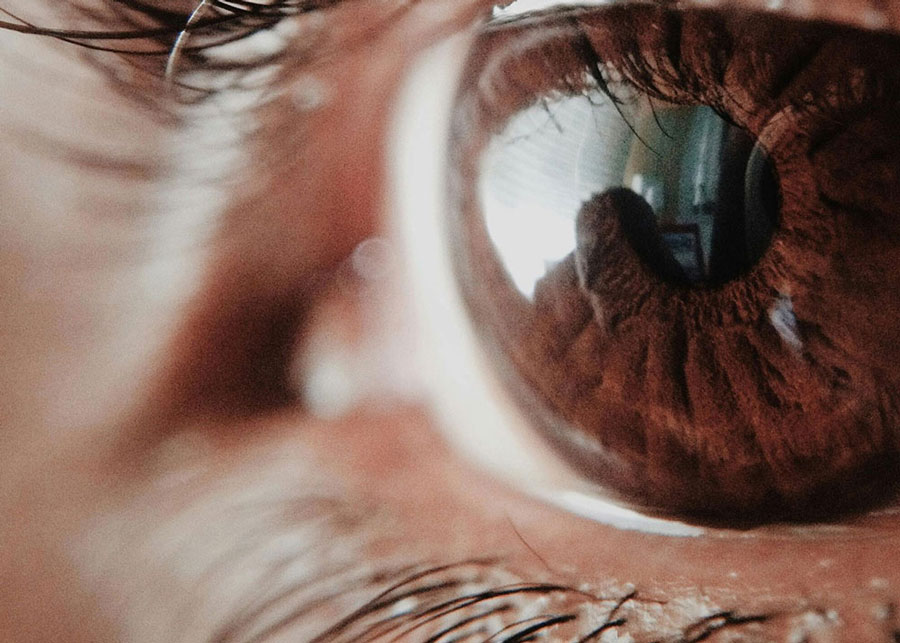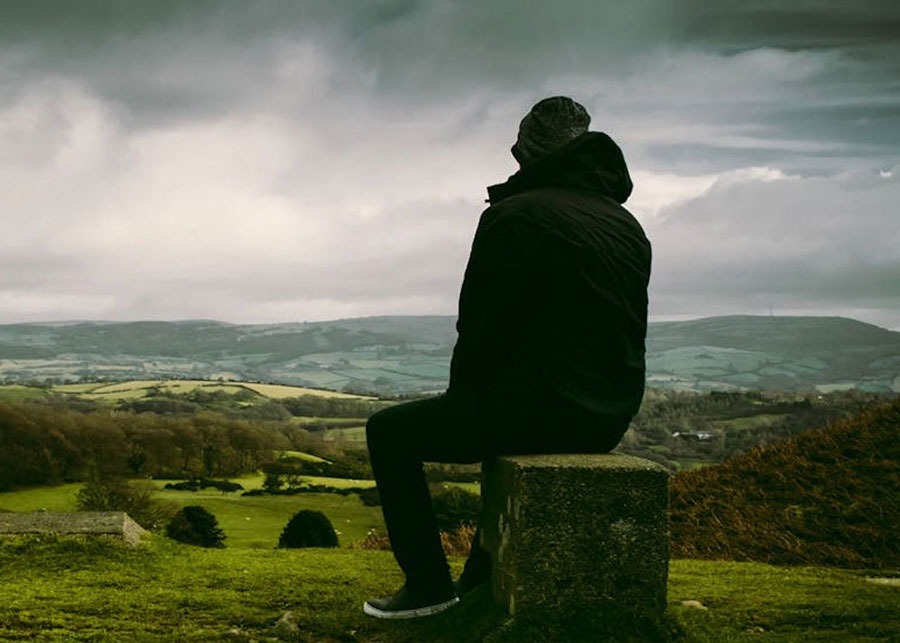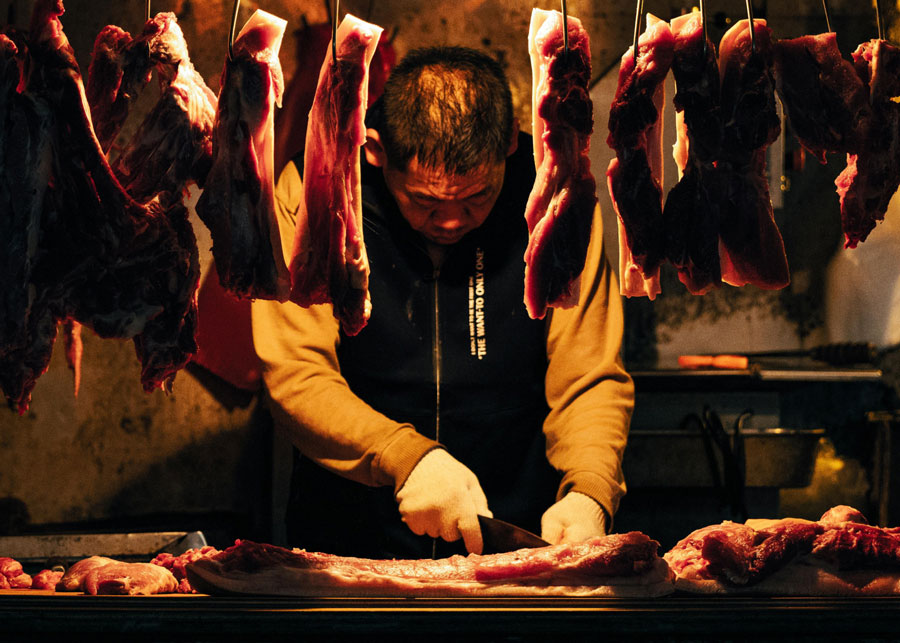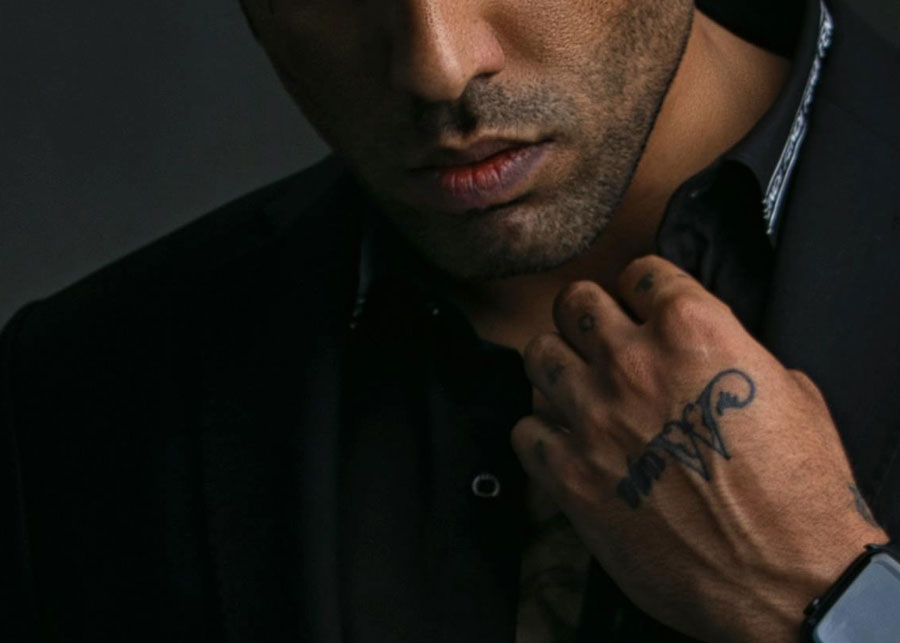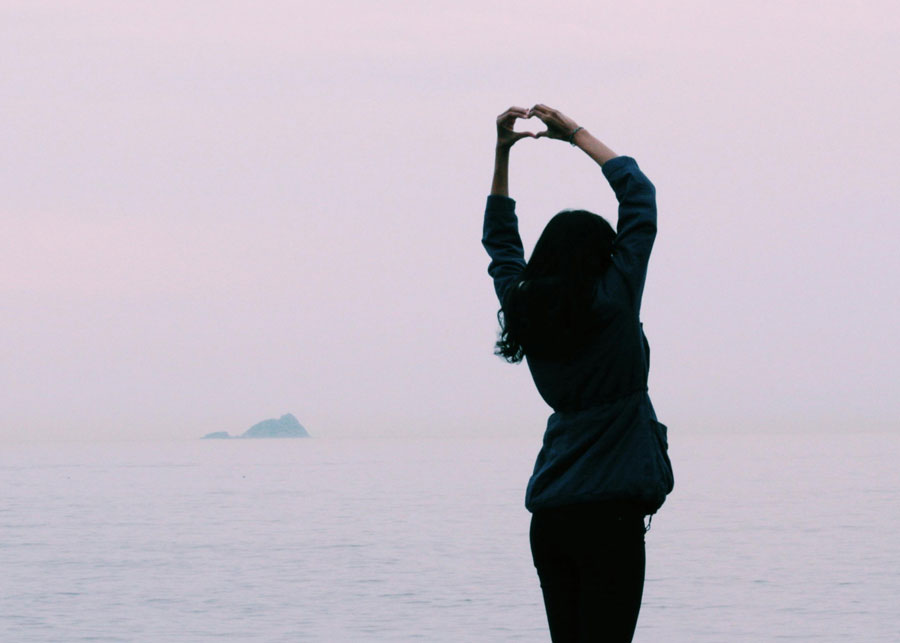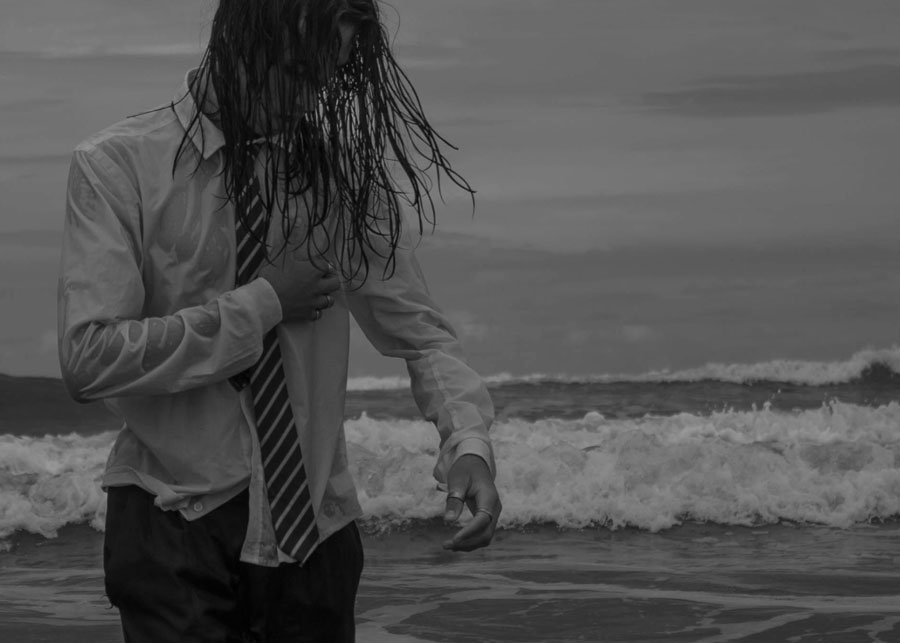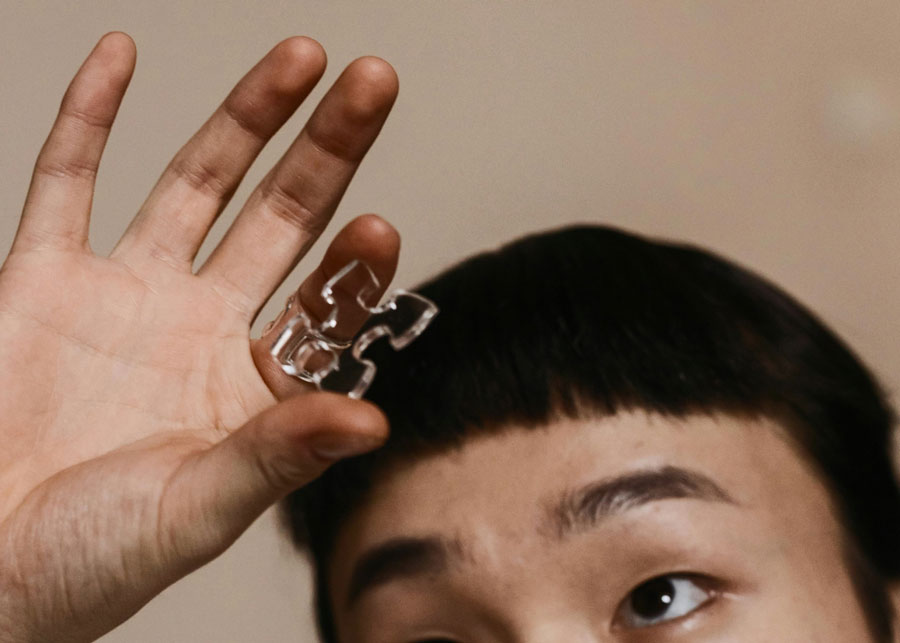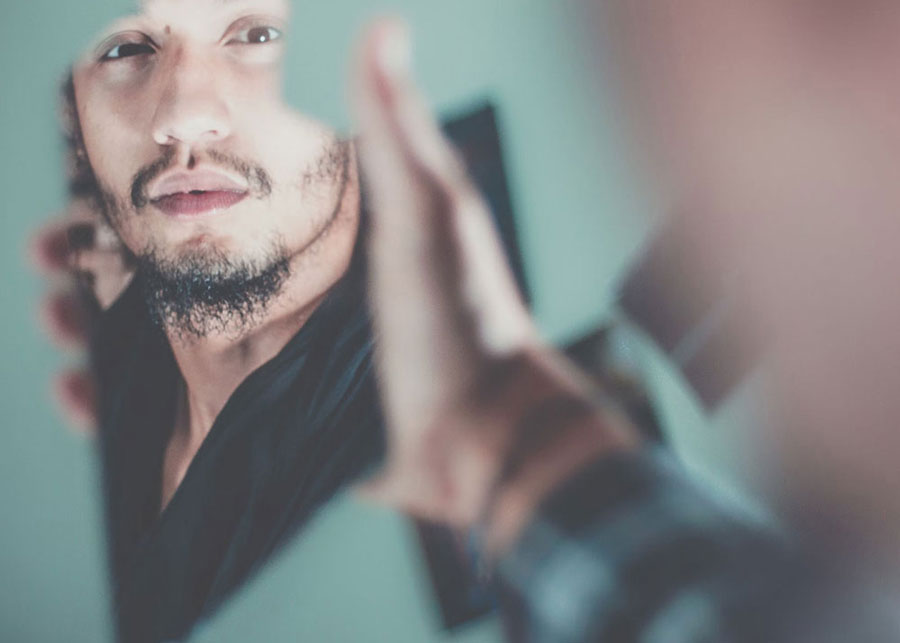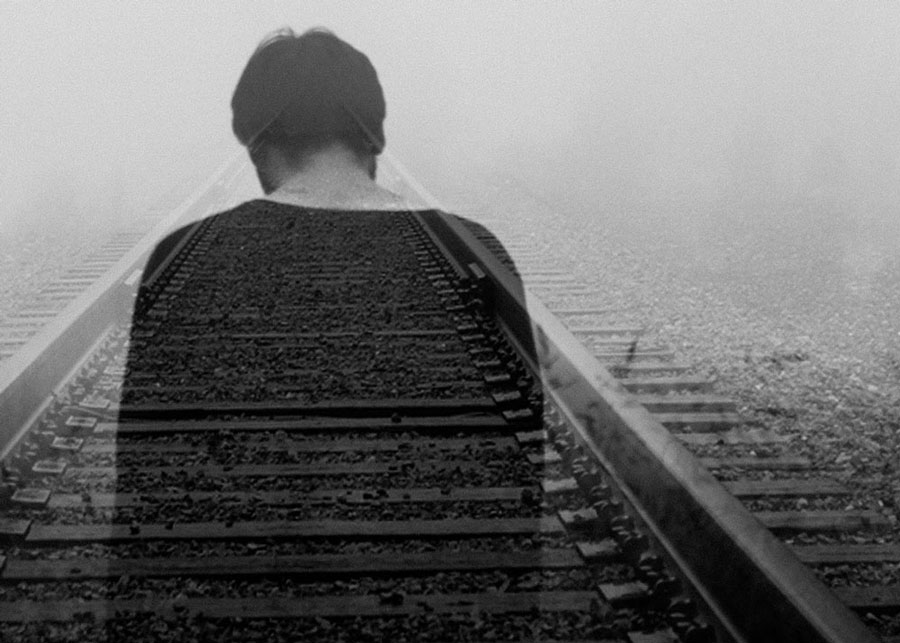How fear turns the good in us into corruption
Corruption rarely starts with villains. It starts with good people protecting what they love — until the cost of doing the right thing feels too high.
Imagine you built something. Something that mattered. A company, a practice, a product that genuinely helped people. You watched it ease pain, soften symptoms, make life a little more bearable for those who needed it most. You didn’t set out to get rich. You just wanted to do some good.
And it worked. It grew. It started to pay the bills, then a little more. A home. Security for your kids. Stability for your partner. Comfort you earned. Pride in something you created.
Now imagine a breakthrough appears. A cure. A true solution to the very thing your company only manages. But it isn’t yours.
Suddenly, doing the right thing isn’t theoretical anymore. It has a cost. Supporting that cure means shrinking your own success, letting go of your comfort, and risking your family’s future.
Be honest. What would you do?
Most of us like to think we’d choose the greater good, that we’d sacrifice for the sake of progress. But human nature isn’t built for sainthood. It’s built for survival. Even the most ethical people bend when the cost gets too personal.
This is how it often happens. Not in one big, catastrophic choice, but in a slow turn. You start protecting what’s yours. A little pressure here. A delay there. A strategic distraction. Not because you’ve stopped caring about people, but because so much is riding on this. And if it’s not family you’re protecting, it’s your pride. Your identity. Your ego. Suddenly, the person you thought you were, the principled one, is making choices you once swore you never would.
Corruption doesn’t always start in greed. Sometimes it starts in fear. In the very human impulse to shield what we love, or who we believe we are.
The systems we live in, including medicine, media, education, and politics, weren’t always built on bad intentions. But they are shaped by people. And people have limits. We rationalize. We compromise. We take actions we would have condemned in others, telling ourselves it’s just this once, just until the threat passes.
And if you think you’d be any different, that you’d tear down your own success the moment something better came along, look closer. You probably wouldn’t. Neither would I.
That’s not a reason to give up. It’s a reason to pay attention. To stop pretending that corruption only comes from bad actors. To understand that systems don’t just need reform; they need an honest reckoning with the very nature of being human.
If we can see how easily goodness turns to protection, and protection turns to fear, and fear turns to harm, then maybe we can start building things that account for that. Not perfect systems. Honest ones.
And maybe that’s the whole point.
Not to prove we’re better than the ones who came before us. But to finally admit we’re not. And to build anyway, with open eyes and a willingness to change when something better comes along, even if it costs us.
Especially if it costs us.
